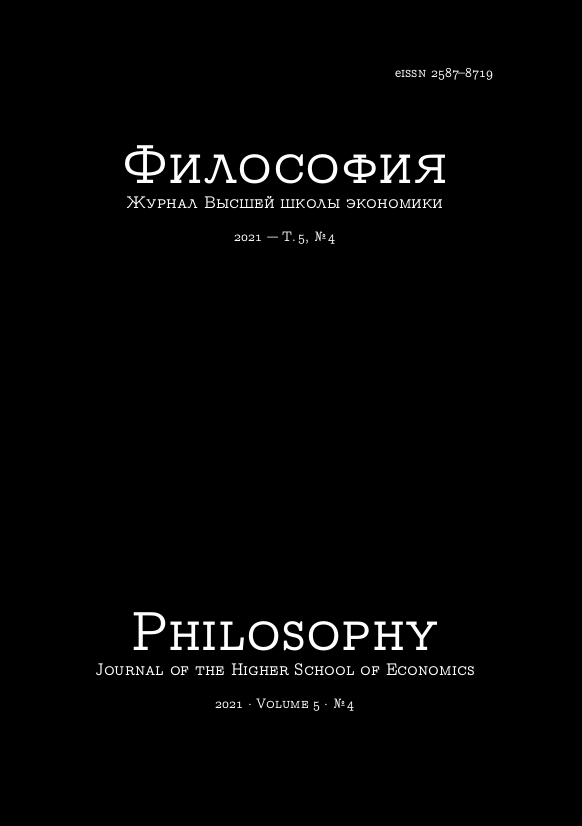Intellectual Virtue and the Epistemological Nature of Medical Evidence
Abstract
This article examines the problem of defining the epistemological nature of evidence in modern medicine through its two interrelated aspects — bias in the collection of data in randomized controlled trials and personal bias of the physician — which form part of the general bias problem in various professional fields. This problem is widely discussed today in the medical community, in which there is no unanimity in understanding what grounds for making the correct clinical decision are considered decisive — randomized controlled trials or the doctor's own clinical experience. In this article, it is interpreted from the point of view of the modern epistemology of virtues, which makes it possible to raise the question of the doctor's responsibility not from the position of professional deontological morality, but from the point of view of intellectual virtue. The virtuous nature of the medical profession lies in the ability of the subject to make responsible clinical decisions in the course of the cognitive process and to find the optimal balance between standardized protocols for diagnosis, prevention and treatment and their own clinical experience, which makes an individualized approach to each individual medical history possible. A standardized approach requires the “grafting” of the hermeneutic experience expressed in a general theory of understanding and interpretation. Against the background of a decrease in the level of social trust in the medical community, the substantiation of individualizing standardization as a methodologically productive way of integrating various cognitive practices is intended to help overcome the limiting abstraction of the epistemological subject in the classical epistemology of medicine and to recognize the productive-heuristic role of the doctor as a subject of cognition.
Downloads
Copyright (c) 2021 Philosophy. Journal of the Higher School of Economics

This work is licensed under a Creative Commons Attribution-NonCommercial 4.0 International License.






